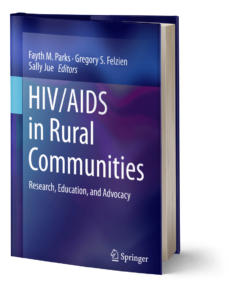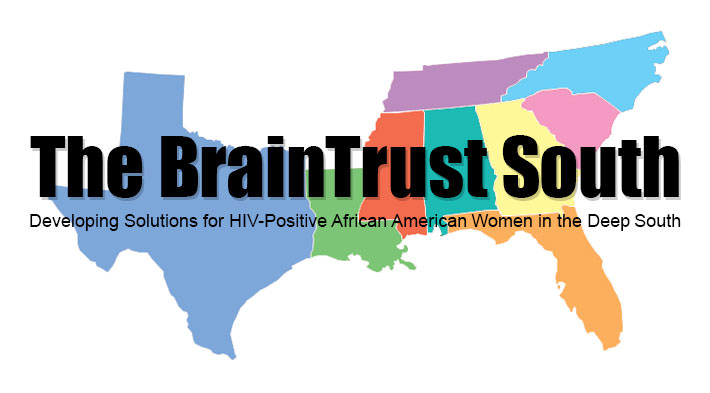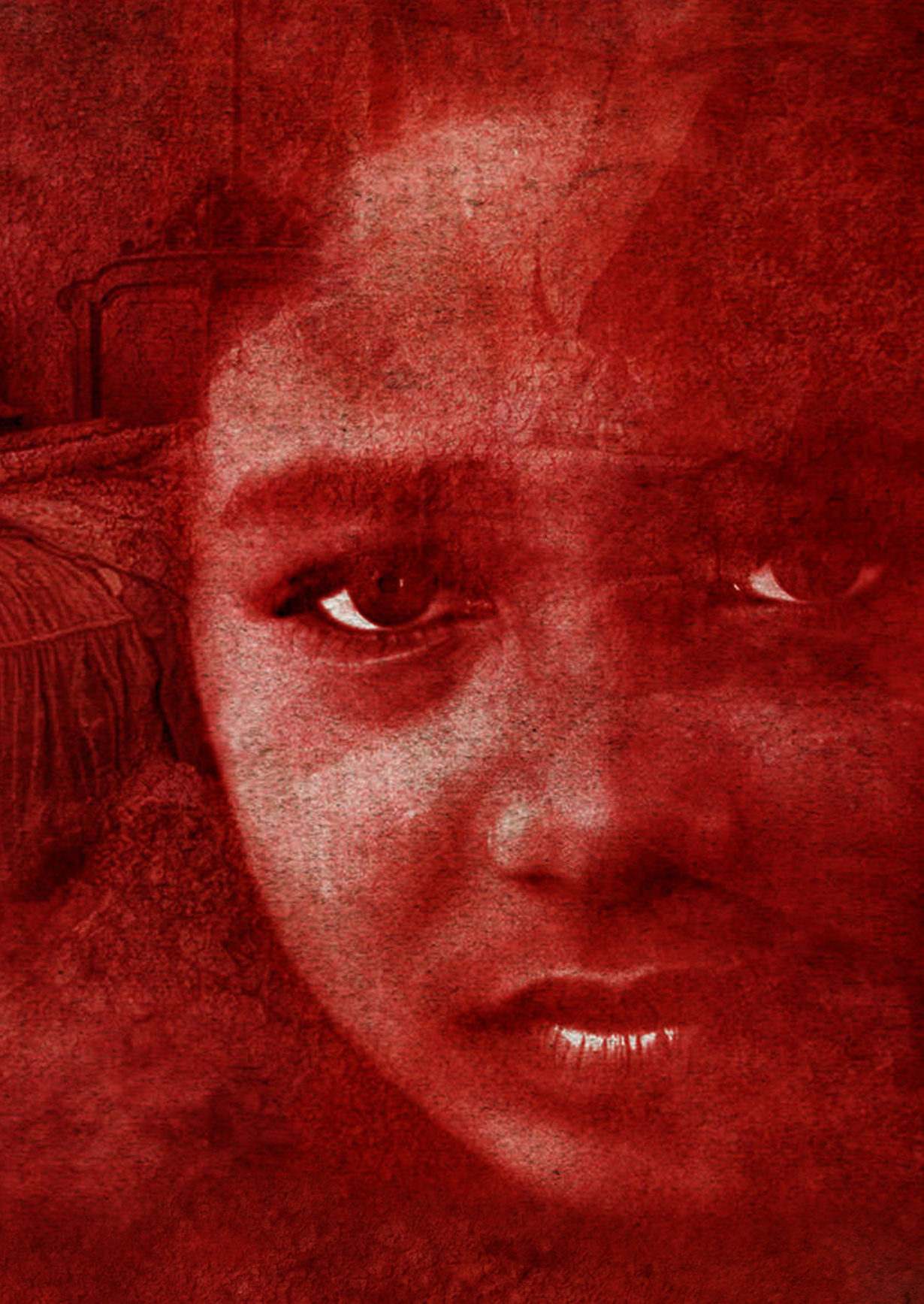Perspectives of HIV-Positive African American Women in the Deep South
The following are some of the shared perspectives of 32 HIV-Positive African American women, between the ages of 20 and 65, residing in the Deep South. Collectively and individually, the group provides observations and examples of how HIV-related stigma continues to permeate African-American communities in the Deep South, hindering prevention, testing, and treatment. United in our belief, “That too many of us living with HIV/AIDS in the Deep South are desperately poor, do not receive gender- specific HIV education, struggle to survive, and shelter in urban and rural decay. Several of us have incomes less than $10,000 per year, live in extremely rural areas far from treatment facilities, and experience unstable housing which often leads to homelessness. We are, at times, forced into unprotected survival sex, raise children in drug-infested environments, inhabit deplorable unsanitary conditions, depend on others for transportation, and experience serious medical service barriers.”
Rasheda stated, “As an African American woman I give my all in a relationship. I look for a faithful relationship, and I have to have condom-less intercourse ‘cause he keeps a roof over my children’s heads, pays the bills, and puts food on the table. Cause if I mention protection, he’ll hit, quit, or split.”
The previously mentioned 32 African American women living with HIV/AIDS in the Deep South agree that “Money drives everything!” Considering the history of the Deep South, current HIV statistics, and the urgent need to address HIV disparities, Sabrina, one of the 32 women asks, “Why is funding not where it should be? For as long as HIV/AIDS has existed in the United States, why are all of us still not able to access lifesaving services? Why in the Deep South, are many of us turned away, made to feel ‘less than’, suffer reproductive injustice, and not provided the information or support needed to make healthy choices for ourselves and our children? Why are black children in the Deep South growing up motherless because their mother died of AIDS when AIDS is now treated as a chronic disease?”
-
HIV/AIDS in Rural Communities: Research, Education, and Advocacy
Editors: Parks, Fayth M., Felzien, Gregory S., Jue, Sally (Eds.)
Catherine Wyatt-Morley was invited to contribute the chapter, “Our experience: HIV-positive African-American women in the Deep South” to this volume that reviews the experience and treatment of HIV/AIDS in rural America at the clinical, care system, community, and individual levels. Incorporating interviews from HIV positive African-American women who reside in the Deep South, this chapter presents the lessons learned and barriers still driving disparities for minorities living in the rural South.Buy The Books! -

To further the discussion, the group agreed that, “Many African American women living with HIV/AIDS in the Deep South raise their children without fathers in the home.” LaTonya said, “When we die, our black children act out, become truant teens, or become black men in jail. If African American women are heterosexually disproportionately infected and dying, why is the money not supporting the epidemiology? When the objective of HIV funding is to strengthen support, expand prevention responses, provide linkage, navigation, and supportive care, reduce individual and community HIV/AIDS vulnerability, and alleviate the impact of the epidemic, why then, are current women-focused, women-service organizations in the Deep South, which have demonstrated records of serving African American women living with HIV/AIDS, going underfunded or without funding? Most organizations here in the Deep South are currently not funded to provide women-centered HIV services. Most do not provide peer-based women’s support groups. Am I greater than AIDS or is AIDS greater than me? Does my life actually matter? Or am I disposable?”
Group member, Tamera said, “Rural or urban, my HIV-Positive Deep South experience overwhelmingly sees the epidemic as poor, black, brown, mocha, almond, and female. More money is sent by the United States to third world countries than is spent at home for African American women living with HIV/AIDS in the Deep South. Why is that?” As American women living with HIV/AIDS in the Deep South, we wonder, “Do black lives really matter? How can black lives matter when the givers of black life, living in perpetual, deplorable, debilitating conditions, experience the perplexing lack?” One member stated, “Black lives cannot matter without black women giving birth to those black lives.”
Another cultural complication for HIV-Positive African American women in the Deep South is gossip. As Cassandra said, “Scandal spreads in small rural communities when your doctor lives around the corner, the lady looking at your medical records lives across the street, the nurse taking your vitals lives up the block, a next-door neighbor works at the health department, and your family works at the clinic.” Gossip becomes commonplace as people thrive on the hardships of others, which in turn drives African American women away from treatment and the healthcare system. Cassandra also added, “HIPAA does not exist when people talk to people, confidentiality is breached, accountability does not apply, and our anonymity becomes community scandal.”
-

-
The BrainTrust South
Developing Solutions for HIV-Positive African American Women in the Deep South
Learn about the first of its kind Brain Trust created by HIV-Positive African American women living in the Deep South who will identify and solve problems, using their extensive experience and knowledge.Learn More
